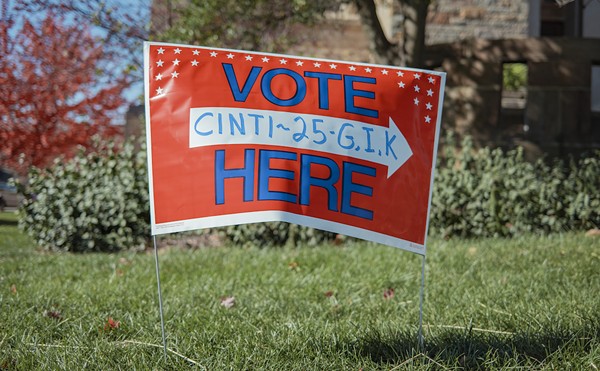The fate of the sweeping 2010 health care law known as Obamacare is again in limbo, with the Supreme Court on Tuesday set to hear arguments over whether that statute should be overturned.
States are at the heart of the case and nearly every one has made an argument about why Obamacare should be kept or struck down. If the court agrees to upend the law, health care experts predict the consequences would be substantial.
More than 21 million Americans could lose their health insurance, and those who do have insurance coverage would have fewer guarantees as to what health care expenses would be covered.
The Affordable Care Act survived a 2012 challenge at the top court, which upheld the law’s mandate that most Americans must purchase health insurance or pay a penalty. A 5-4 majority, in which Chief Justice John Roberts joined the court’s liberal wing, found that the penalty was a tax that Congress was allowed to impose.
But Congress changed the law in 2017, setting that penalty at zero. Republican state officials now trying to strike down Obamacare in California v. Texas argue that without the penalty, there’s no tax, making the mandate and the rest of the law invalid.
More than a dozen Democratic states banded together to defend the law, after the federal government declined to do so.
Here’s what is at stake:
Which states are involved in the lawsuit?
Most states have picked a side in the case, according to the Kaiser Family Foundation, a nonprofit focused on national health issues. Texas is the lead state challenging the ACA, along with two self-employed residents of Texas, and 17 other Republican-led states. (Two others — Wisconsin and Maine — had initially joined the case but withdrew last year.)
Sixteen states and the District of Columbia, led by California, were permitted to intervene in the case and defend Obamacare. Four more states — Nevada, Colorado, Iowa, and Michigan — joined when it was appealed, and six have filed amicus briefs in support of the law. Ohio has not taken a position in the case.
What are the legal questions in the case?
The states and residents challenging the law first must prove they’ve been harmed by the law, giving them what is called “standing” to sue.
The other arguments focus on the constitutionality of the mandate to buy insurance coverage, and if that provision can be severed from the rest of the law. If the justices determine it cannot be separated, then overturning the insurance mandate would require upending the entire law.
What happens if the law is overturned?
An estimate from the Urban Institute and Robert Wood Johnson Foundation projected that 21.1 million Americans would lose insurance coverage if the health care law is undone. That would be a 69% increase in those who are uninsured.
The largest increases would be in states that saw the largest coverage gains under Obamacare. That would include those that expanded eligibility for Medicaid, the government’s health insurance program for low-income people, the elderly and people with disabilities, as well as states that had high uninsured rates prior to the law.
Maine, Kentucky, West Virginia, Montana, Michigan and Pennsylvania would be among states seeing the largest spikes in people without insurance, according to the Urban Institute analysis. In Ohio, around 700,000 people have gained access to health insurance under the ACA.
States that did not expand Medicaid, such as Florida, North Carolina, Georgia and Wisconsin, would see large increases in the number of uninsured, due to ending the subsidies for purchasing coverage on Obamacare insurance exchanges and eliminating other provisions of the law.
What about people with preexisting conditions?
The 2010 health care law also was groundbreaking in ensuring that Americans with preexisting conditions would no longer be denied insurance coverage.
Ending that law would mean those with health conditions could again struggle to access coverage or could be charged high costs for those health benefits.
That protection has taken on even greater significance amid the coronavirus pandemic, with more than 10 million Americans having contracted COVID-19. Little data is available on the long-term health consequences.
Since 2019, at least 18 states have passed laws to protect those with preexisting conditions from being denied coverage, or to ensure that health insurance offered includes the same core benefits required under the ACA, according to Avalere, a health care consulting firm. Those states include Florida, Louisiana, Maryland, Maine, Nevada and Virginia.
How has the court changed since the 2012 Obamacare ruling?
The Supreme Court has grown more conservative since the last time the health care law was challenged there. With the confirmation of Amy Coney Barrett last month, there are six conservative justices and three liberals.
The Affordable Care Act case was a major theme of the opposition to Barrett’s confirmation. Democrats highlighted popular provisions of that law, and sought to pin down Barrett on whether she would vote to undo it. Barrett said she is “not hostile” to that law, but avoided offering any specific statements on how she would vote.
This story was originally published by the Ohio Capital Journal





